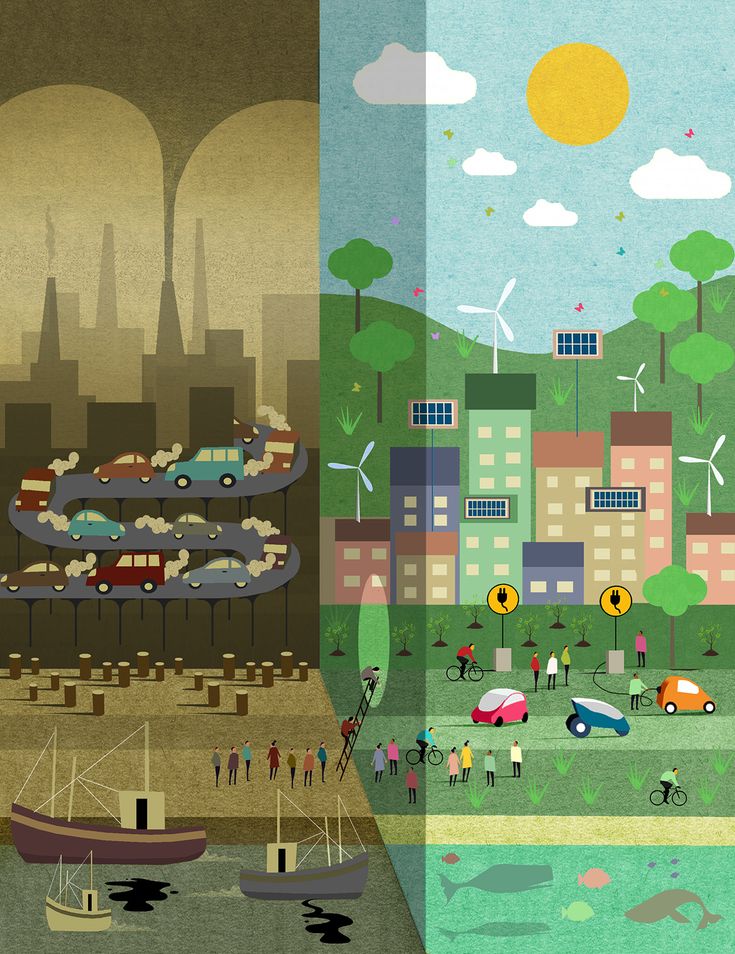
In a world that is becoming increasingly aware of environmental issues, many of us are eager to make positive changes in our lives to contribute to a healthier planet. Sustainable living is a simple yet impactful way to do just that. By making mindful choices in our daily routines, we can reduce our ecological footprint and pave the way for a more sustainable future.
One fundamental aspect of sustainable living is being mindful of our consumption. It starts with a conscious effort to reduce, reuse, and recycle. Instead of opting for single-use plastics, consider using reusable alternatives like water bottles, bags, and containers. By making this small switch, we can significantly decrease the amount of plastic waste that ends up in landfills and oceans.
In a world that is becoming increasingly aware of environmental issues, many of us are eager to make positive changes in our lives to contribute to a healthier planet. Sustainable living is a simple yet impactful way to do just that. By making mindful choices in our daily routines, we can reduce our ecological footprint and pave the way for a more sustainable future.
One fundamental aspect of sustainable living is being mindful of our consumption. It starts with a conscious effort to reduce, reuse, and recycle. Instead of opting for single-use plastics, consider using reusable alternatives like water bottles, bags, and containers. By making this small switch, we can significantly decrease the amount of plastic waste that ends up in landfills and oceans.
Energy consumption is another key factor in sustainable living. Simple actions, such as turning off lights when not in use or unplugging electronic devices, can contribute to energy conservation. Consider using energy-efficient appliances and light bulbs to further reduce your carbon footprint. Small changes in our daily habits can lead to significant long-term benefits for both the environment and our wallets.
Transportation is a major contributor to carbon emissions, but there are eco-friendly alternatives. Whenever possible, choose public transportation, carpool, bike, or walk. These choices not only reduce air pollution but also promote a healthier lifestyle. If you’re in the market for a new vehicle, consider investing in an electric or hybrid model to minimize your carbon footprint.
Food choices play a crucial role in sustainable living. Opt for locally sourced, organic produce to support local farmers and reduce the environmental impact of long-distance transportation. Additionally, consider incorporating more plant-based meals into your diet, as plant-based eating has been linked to lower greenhouse gas emissions compared to animal-based diets.


Reducing waste is a cornerstone of sustainable living. Aim to create less waste by choosing products with minimal packaging and by composting organic waste. Recycle diligently, and be conscious of the lifecycle of the products you purchase. Investing in durable, quality items may cost more initially but often saves money in the long run and reduces the need for constant replacements.
Sustainable living is not about drastic changes; it’s about making mindful choices in our everyday lives. By adopting these basic principles—reducing consumption, conserving energy, making eco-friendly transportation choices, mindful eating, and minimizing waste—we can collectively make a positive impact on the environment. Embracing a greener lifestyle is a journey that starts with small steps, and together, we can create a more sustainable and healthier future for generations to come.
